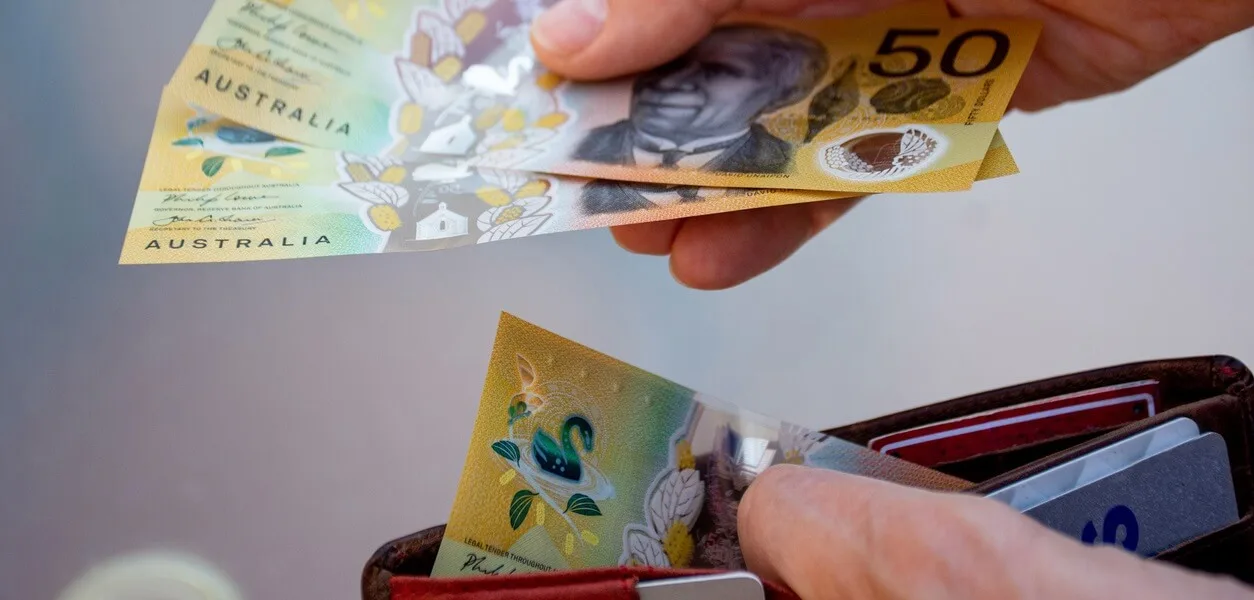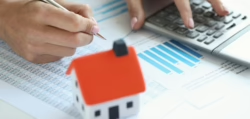
It’s easy to become confused when trying to understand how your assets might affect your retirement income. Are they personal assets? Assessable assets? Or deemable assets? There are many ways of defining assets, and there can be a lot at stake if you misunderstand or inadvertently misreport.
Today’s Jargonbuster explains personal assets and how they are viewed when it comes to Age Pension entitlements.
Broadly speaking, personal assets cover anything an individual or household owns in their own name, or joint names. So this can be money, investments, cars, insurance, works of art and more.
As you will be aware, Centrelink assesses your Age Pension eligibility in two ways using both an income and an assets test. The critical point is that some assets count towards the assets test only, and others are taken into consideration for both the assets test and are then also deemed to contribute towards your total income.
For the purpose of planning or managing retirement income, it’s easiest to understand personal assets in the following way:
Financial investments (assessable and mostly deemable)
These are financial assets which will be assessed by Centrelink in order to establish whether you meet the required assets threshold for the Age Pension. Most of these assets are also deemed to earn income, which will be used in your income assessment for the Age Pension as well. Such financial investments include:
- Cash on hand
- Bank accounts
- Term deposit accounts
- Managed investments
- Shares and securities
- Superannuation
- Annuities and income streams
Personal Assets
Separately, you may have personal assets which are not deemed, but can still be assessed under the assets test.
Such assets include
- Home contents (including furniture and appliances)
- Personal effects (including jewellery, laptops)
- Licences (taxi, commercial etc)
- Surrender value of life insurance policies
- Collections
- Motor vehicles, caravans, boats
The asset which is the exception to the rule, and does not need to be declared, is your primary residence. Your home is not assessable, regardless of valuation.
All assets must be declared on your Age Pension application. But there are tips and traps of which you should be aware.
The actual value of your items is their market value – i.e. if you had to sell them all in a garage sale tomorrow (as opposed to replacement value). What would they really fetch? Most people do not have more than $10,000 of furniture and personal effects – but many will place a sentimental value which is much higher on their Age Pension application. This can end up costing them money as it could reduce their age pension entitlements.
Another common misconception is that Centrelink will update your assets declaration with annual depreciation. It does not. You will need to do this. It can be a very worthwhile exercise because, if, say, your car depreciates, so your assets will reduce. As long as you report this, you might then qualify for a higher pension payment. This happened with Tom who had failed to revalue his old Corolla. You will only benefit, however, if you go to the effort of updating these valuations with Centrelink.
Unsure about which assets to declare? Why not speak to one of our experienced consultants who will help you understand all the Centrelink rules?
As household costs continue to increase, it’s important that you stay totally up-to-date on your entitlements and ensure that you are maximising your fortnightly payments.
This article is provided by Retirement Essentials Representative Number: 001260855. We are an authorised representative of SuperEd Pty Ltd ABN 88 118 480 907 AFSL #468859. This information is not intended as financial product advice, legal advice or taxation advice. It does not take into account your personal situation, goals or needs and you should assess your own financial situation, consider if the information is suitable for you and ensure you read the relevant Product Disclosure Statement (PDS) if you choose to make any changes to your financial situation. It is always advisable to consult a financial adviser before making financial decisions.






Good suggestion
Very helpful info and will apply it and share this email with others. Many thanks and awesome work. Appreciated and thanks..
If I am single and I own an investment property (as well as my principal residence)
What do i declare?
1. is it the market value that I declare or
2.
the amount I would owe if I sold it.
Example
$500,000 mortgage
Property worth $700,000
Which figure is put forward.
Hi Florence, in the scenario you have mentioned, the value your investment property is assessed at depends on if the mortgage is secured against the investment property itself or another property. If the mortgage is secured against the investment property itself then you take the value of the mortgage off the value of the property and the remaining amount is what counts as your asset. So in your scenario $700K property minus $500K mortgage = $200K asset value. If however, the mortgage is secured against your primary residence then Centrelink will not deduct it’s value from the investment property and therefore the full $700K would count as your asset.
Great work olds,very clear and helpful
Great work ,very clear and helpful
Is defined benefit pension part of asset test or income test?
Hi Azra, thanks for reaching out for further clarity! Defined Benefits are counted as income, not assets.
Good advice about depreciating personal assets annually, would never have thought to do that, but I will remember to do it.
Since I’ll be retired, I’ll have time to do it and it will be worth it.
Hi, How accurate is the My Gov pension calculator? I have double checked all my
details with Centrelink but when I submit my details on reporting days it is always
aprox. $60 less than when I put the same details into their pension calculator.This
has been occurring for about 18months.Thanks Lesley
Hi Lesley, we can’t comment on the accuracy of any calculators other then our own however if you are seeing a difference it would be good to call Centrelink on 132 300 and request they post you a breakdown of all the income/assets they have on file for you and the corresponding values. Centrelink may have outdated values for some of your income/assets which are impacting the amount of pension you receive.
Hi Steven,Thanks for getting back.Have Already done that with Centrelink.
Have agreed on everything on file.The only thing they won’t say is why their
My Gov pension calculator shows a different amount to the amount I get on
reporting days. Approx. $60.00.If its not reasonably accurate, get rid of it
online surely. Who in Centrelink would I have to contact to resolve this? Thanks
Lesley
Hi Lesley, great to hear you have been proactively trying to resolve the matter! I’m unable to help regarding the calculator you are using except to say that perhaps some of the necessary questions were deemed too tricky, so to avoid misunderstandings and to provide a better user experience, some things may be presumed which then impacts the accuracy.
I have an investment property with a mortgage. How do I ascertain the value for centerlink purposes? How does this change over time?
Hi Chris, thanks for your comment! The key thing is whether the mortgage is secured against the investment property itself or another property such as your primary residence. If the mortgage is secured against the investment property itself then you take the value of the mortgage off the value of the property and the balance is what Centrelink will assess as your asset. If the mortgage is secured against another property then there is no offset and the full value of your investment property is assessed as an asset.
Will the sale of a non deemed asset such as a caravan affect the pension. Should the sale be reported to Centrelink?
HI David, thanks for seeking clarity! The sale of a non-deemed asset is unlikely to affect your pension as presumably it would be sold for the market value which is what has been declared to Centrelink, ergo you would no longer have a $50K caravan as an asset but you would have $50K in the bank instead. If there is a discrepancy between the value Centrelink has the asset listed for vs what it gets sold for then yes your pension may change. Regarding notifying Centrelink, yes you should update Centrelink if you dispose of any assets. It’s also a good idea to update them on the balances of your other financial assets such as bank accounts to ensure you are getting the correct pension.